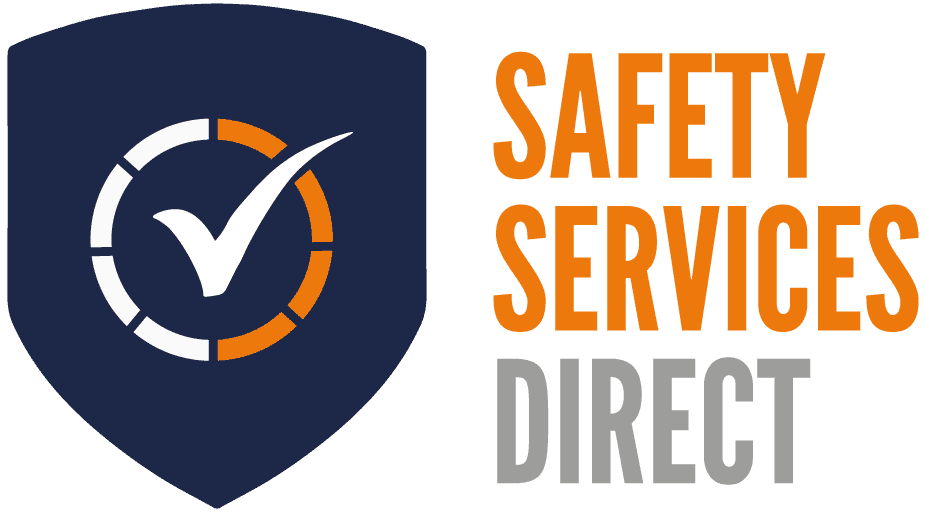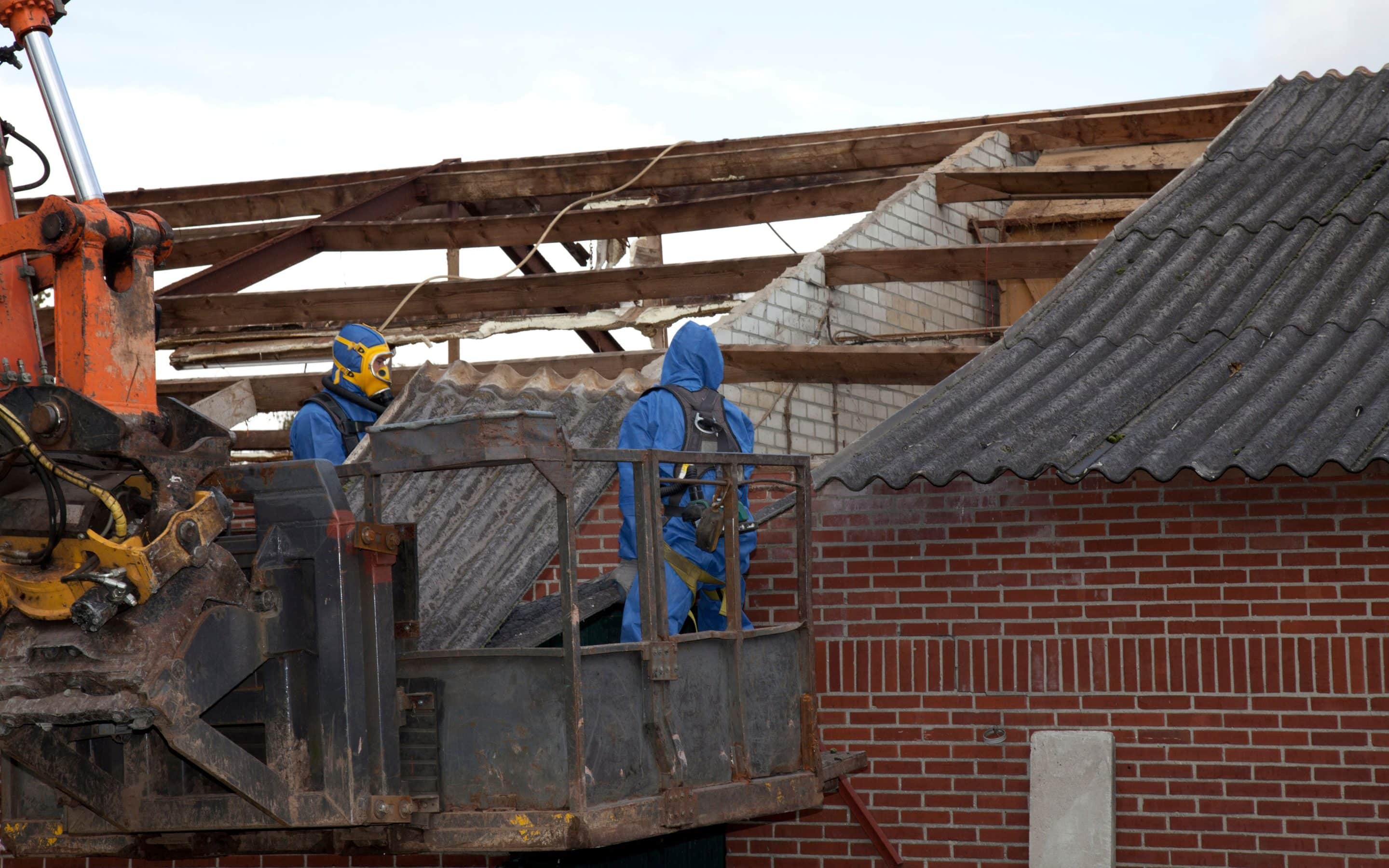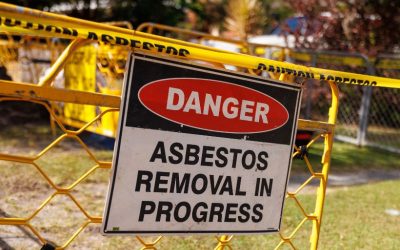Asbestos is an extremely dangerous substance that can be found in sprayed coatings on ceilings or walls, loose-fill insulation, roofing and various other locations. This hazardous substance can be detrimental to the health of employees.
Protecting employees from this substance is vital, which is why employers have to provide employers with adequate asbestos awareness training. Here, we take a look at the questions that are most commonly asked about asbestos awareness training and certifications.
Commonly asked questions about asbestos awareness courses and certificates
Asbestos awareness training is a vital component for keeping employees safe. Here, we answer all the questions that you, as an employer, may have about these courses.
What are the different asbestos awareness courses?
In the UK, there are three reputable, approved asbestos awareness courses, namely UKATA, RoSPA and IATP.
UKATA asbestos awareness training is the most popular course and arguably the most extensive of the three. This is what has contributed to UKATA becoming an industry leader. However, it’s also the priciest of the three courses.
The RoSPA-approved asbestos awareness training course is another excellent and affordable option. This online course can typically be completed within two hours and will teach your employees some of the most important information about working with asbestos.
Lastly, there is the IATP-approved asbestos course, which covers the same information as the RoSPA course, but in a shorter time span. This course can be completed within an hour, making it a convenient option for those who need to learn essential asbestos awareness information quickly.
How many modules are in asbestos awareness courses?
The number of modules will vary between course providers. Some are broken down into five modules, such as the RoSPA and IATP courses, while the UKATA is condensed into three modules.
Can you fail an asbestos awareness course?
Yes, it is possible to fail an asbestos training course, especially if you or your employees do not pay attention to the course material or rush through the modules.
What is included in asbestos awareness training?
The content included in the asbestos awareness courses varies by provider. The RoSPA and IATP courses contain the same information, such as the types of asbestos and its properties, associated health risks and how to manage asbestos safely.
The UKATA course includes all of the information above, but in more detail. It also contains other in-depth information, such as regulations around asbestos, asbestos textiles and asbestos protective equipment.
Who is required to take asbestos awareness training?
There is no fixed list containing all the job roles that require asbestos awareness training. Each employer has a responsibility to assess the risk of asbestos exposure for each employee and provide training where appropriate.
Some examples of roles where asbestos awareness training may be necessary include:
- Carpenters
- Plumbers
- Demolition workers
- Plasterers
- Construction workers
- Roofers
- Ventilation and heating engineers
How long does an asbestos awareness course last?
Asbestos awareness training courses last one to two hours, depending on the course provider. Both the UKATA and RoSPA courses take two hours to complete, while the IATP course can be finished within an hour.
How often should asbestos awareness training be given?
In the UK, asbestos awareness training is legally required to be provided to employees who may be exposed to asbestos on the job. Regulation 10 of the Control of Asbestos Regulations 2012 recommends that refresher training should be provided frequently.
While this doesn’t provide precise specifications, it is generally accepted that this training should be provided to employees who may come into contact with asbestos, and thereafter, refresher training should be provided annually.
How long does an asbestos awareness certificate last?
Asbestos awareness training certificates are typically valid for one year. Thereafter, annual refresher courses should be provided to ensure employees do not forget their training.









